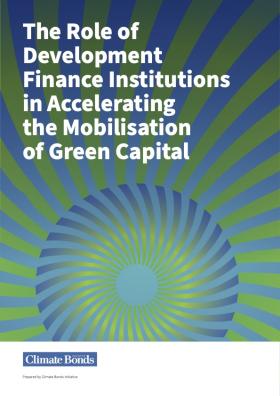Meeting global climate and sustainability goals requires significant investment.
The climate transition requires large-scale mobilisation of private capital to transition energy systems, build resilient infrastructure, and develop sustainable communities. By most estimates, global climate finance needs to increase from USD1.3tn to around USD4-7tn by 2030 in order to maintain a 1.5°C pathway.
For development finance institutions (DFIs), who are mandated to deliver sustainable development, climate investment is deeply intertwined with their core business. The broader global SDG investment gap is now estimated to be USD4tn/ year. Sustainable social development cannot be achieved without climate investment and the vast majority of investment demand for both is located in emerging markets (EM). In particular, climate resilience and sustainable development are mutually reinforcing. Climate vulnerability is decreased by social cohesion, improved education, and other social development priorities, while exposure to climate impacts will hinder sustainable development through loss of housing, infrastructure, and livelihoods, disruption of education, etc. This places DFIs in a strong position to deliver adaptation investments which currently account for only 8% of global climate finance.
This report includes 30 recommendations for DFIs, shareholders, and the EU Commission to scale mobilisation for green investment.
